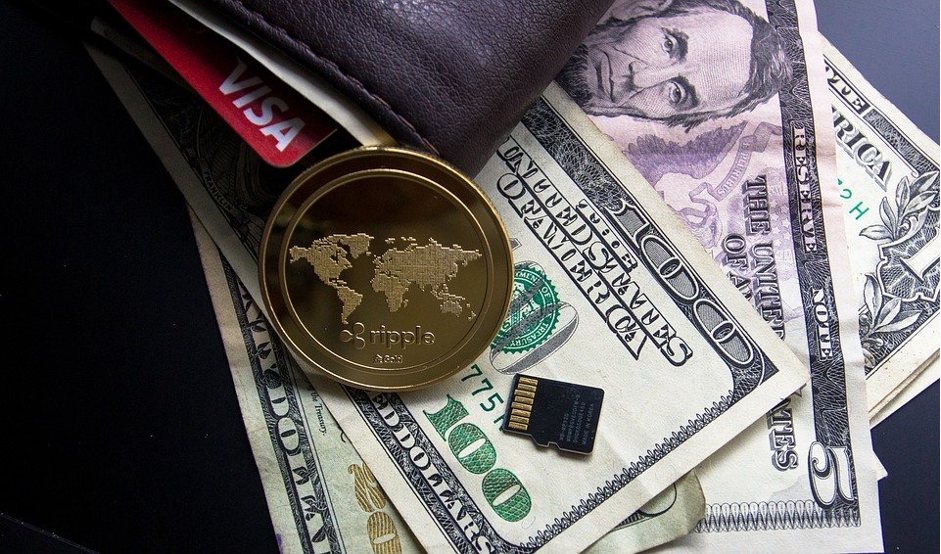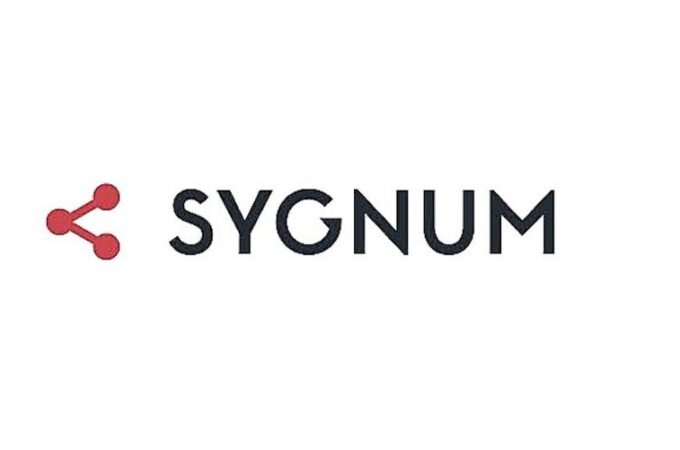
Looking for a Cryptocurrency That Isn’t Bitcoin? Ripple and IOTA May Be the Next Best Bet
For the average investor, picking up some BTC to help pad out your wallet is great, but few have the time or the money necessary to really dig deeply into Bitcoin. Largely because of this, retail investors spread their money out amongst several different cryptos, ensuring a varied portfolio and better gains later.
Hedging your investments with cryptocurrencies like Bitcoin or Ethereum gives you the freedom to really seek out other cryptos and invest in what they are offering. Because investing in crypto currencies is rarely investing in money, but instead investing in ground breaking technology and life changing scripts and protocols. Luckily, there are newbie friendly platforms that allow you to speculate on a number of different cryptos all from a singular platform. Places like Bitvavo are ideal for new investors who want to start to diversify their assets.
While it is exciting to dabble in new investment opportunities and see how these new tokens can affect your portfolio, cryptocurrencies offer another wonderful distinction for interested traders. They allow them to learn about a number of disruptive technologies that are on the horizon, and put their money where they want their future to be. With two of the most exciting altcoins being in the technology represented by Ripple and IOTA. They can also help turn a tidy profit too. So, what’s there to lose?
What is Ripple?
Ripple (XRP) is another of the most well-known cryptocurrencies of today. While it has seen its share of controversies over the years, it has proven to be a stable investment that serves a diversified portfolio well. The protocol is well known and partnered with some major names in the centralized banking industry. But what does cryptocurrency have to do with centralized banking?
If you know anything about cryptocurrencies, you’re probably familiar with the fact that most represent a decentralized and borderless payment system, offering an alternative remittance protocol for users. So why would a centralized bank become involved in such a starkly different system? Well, because using a cryptocurrency network to send international and cross border funding could mean that institutions will not only speed up their own remittances, but could also dissolve a number of incredibly high fees in the process, which is where Ripple comes in.
Ripple works directly with centralized banking institutions in order to tokenize any funds they need transacted. The tokenized funds are then moved across the Ripple network, similarly to those of other cryptocurrencies. Once the funds have reached their destination on Ripples network of centralized banks, they are then “unwrapped” (exchanged for the intended value) and deposited in their destination institution. But Ripple works for more than just banking funds, it can also be applied to a number of different commodities and unit values– like frequent flier miles, or customer loyalty programs.
What is IOTA?
IOTA is another ground-breaking crypto token that presents new technology– both inside and outside of the world of cryptocurrencies. The IOTA platform uses a different type of distributed ledger system from most cryptos, instead of blockchain, the token uses a directed acyclic graph, which could solve many of the scalability issues that most standard cryptocurrencies face. This type of ledger may also bring an end to the astronomical energy consumption seen with blockchain mining as well. As the network doesn’t use miners to validate their transactions– instead requiring any transacting user to first validate two other transactions before being able to submit their own (instead of paying fees or miners). Creating a more stable and sustainable network.
This type of ledger technology is ideal for microtransactions– which is where the technology really shines. On bigger networks, like Ethereum or Bitcoin, making microtransactions is often cost prohibitive due to mining costs and transaction fees, so while these networks present their own fantastic types of technology, buying a soda definitely isn’t one of them. IOTA brings the power of crypto to an everyday level, aiming to become the preferred currency of the Internet of Things (IoT).
The IoT is a network that exists between devices, often those within our home and daily environment. Things like the well-known Amazon Alexa or Apple’s iHome are both common examples of how the IoT affects our daily life. IOTA founders believe that eventually the IoT will come to integrate into even more common bits of infrastructure– like the automotive industry, public transportation, or even vending machines. Creating a token that can sustain and support microtransactions means that IOTA may well be the cryptocurrency that we use for everyday purchases in the future.





